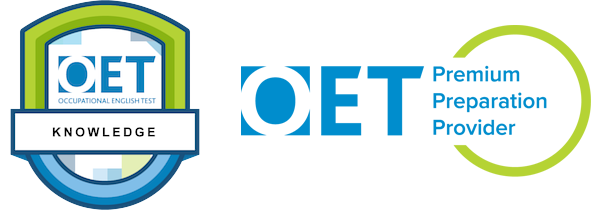FOR DOCTORS
Joining the GMC register in the UK
Knowledge and skills
You’ll need to demonstrate that you have the knowledge and skills necessary to practice medicine in the UK. In summary, you can do this by:
- passing the PLAB test – if you’re applying for full registration with a license to practice you’ll also need to give us evidence of an acceptable internship
- showing us an acceptable postgraduate qualification
- gaining sponsorship by an approved sponsor
- being eligible for entry onto the Specialist Register or the GP Register.
- https://www.gmc-uk.org/registration-and-licensing
FOR NURSES
Register as a nurse or midwife trained outside the EU/EEA
If you have been trained outside the EU/EEA and are applying to register as a nurse or midwife in the UK, here is the step-by-step process of achieving NMC registration and a job in the UK NHS.
Pathway to the UK

New applicants
Acumen, in association with Xander Handrix, always assists the applicants who are planning to get register in NMC. Acumen provides complete assistance in meeting the required English Proficiency through OET Preparation Course, Job Interview, Visa and to get registered as RN in the UK. Applicants who are registered with Acumen will be getting assistance in all your major steps as follows
- OET / IELTS ( Health Professionals choose OET over IELTS due to its relevance to the field of medicine)
- CBT
- OSCE
OET always remains the first step to starting your overseas career. Acumen being a Preliminary Provider ( Authorized Coaching Provider) helps you to overcome your stumbling block of English Proficiency Examination without any difficulty.
Applicants must complete an online self-assessment of their eligibility to apply before beginning the application process.
The charges for different stages of the application process:
| Application for nursing/midwifery | £140 |
| Part 1 test of competence (CBT) | £130 |
| Part 2 test of competence (OSCE | £992 |
| Admission on to our register | £153 |
| Total | £1415 |
- Part one is multiple choice questions known as CBT (Computer Based Test) and
- Part two is a practical examination called an OSCE (objective structured clinical examination).
Test of competence
In the UK, the field of nursing and midwifery requires three years of specialist pre-registration education and practice. The test of competence requires extensive preparation and study to make sure you can demonstrate knowledge, understanding, and application of professional skills at the right level.
See below for information on nursing and midwifery pathways
The Computer Based Test (CBT)
Once applicants have passed the English Proficiency (OET), Acumen will support to sit the first part of the test of competence. This will be a Computer-Based Test (CBT) of theoretical practice-based knowledge. The test will be of multiple choice questions and is conducted all around the world
The entire process of application should be completed within 2 years of the passing of CBT. If you are unable to do this, you will need to re-sit your CBT and begin a new application with us.
- Applicants can sit the first part of the test of competence (the CBT) twice as part of one application.
- If an applicant is unsuccessful at their first CBT they must wait a minimum of 28 working days before they can sit the CBT again.
- If an applicant is unsuccessful after their second CBT, their application will close. They will be required to wait six months before submitting a new eligibility application to take the test again.
The Objective Structured Clinical Examination (OSCE)
The second part of the test is the objective structured clinical examination (OSCE). There will act out scenarios where nurses are encountered, they have to assess, plan, carry out and evaluate. This will act out scenarios which nurses and midwives are likely to encounter when they assess, plan, carry out and evaluate care. Each clinical examination is known as a ‘station’ and there are 6 stations and candidates have to visit all the stations within a set time.
Each of the six stations has standardized marking criteria against which all candidates are assessed. Candidates are assessed by a panel of examiners and will be marked.
Candidates are expected to demonstrate safe and effective practice. The test of competence is based on current UK pre-registration standards.
- Applicants may sit the second part of the test of competence, the OSCE, up to three times as part of one application.
- If an applicant is unsuccessful at their first OSCE, they must wait a minimum of 10 working days before they can take the examination again.
- If an applicant is unsuccessful at their second OSCE, they must wait a minimum of three months from the date of their second attempt before they can take the OSCE for the third time.
If the applicant is unsuccessful after their permitted attempts, their application will close. They will be required to submit a new application but will not be able to sit the OSCE again for a minimum of six months.
You can take the OSCE in the UK at one of our approved university test centers. When we authorise candidates to take the OSCE, they should contact the university directly.
Full details about the OSCE processes and links to relevant resources can be found on the approved universities’ website, please follow the links below for more information.
Approved OSCE Test Centers
The following universities are currently approved as test centers:


